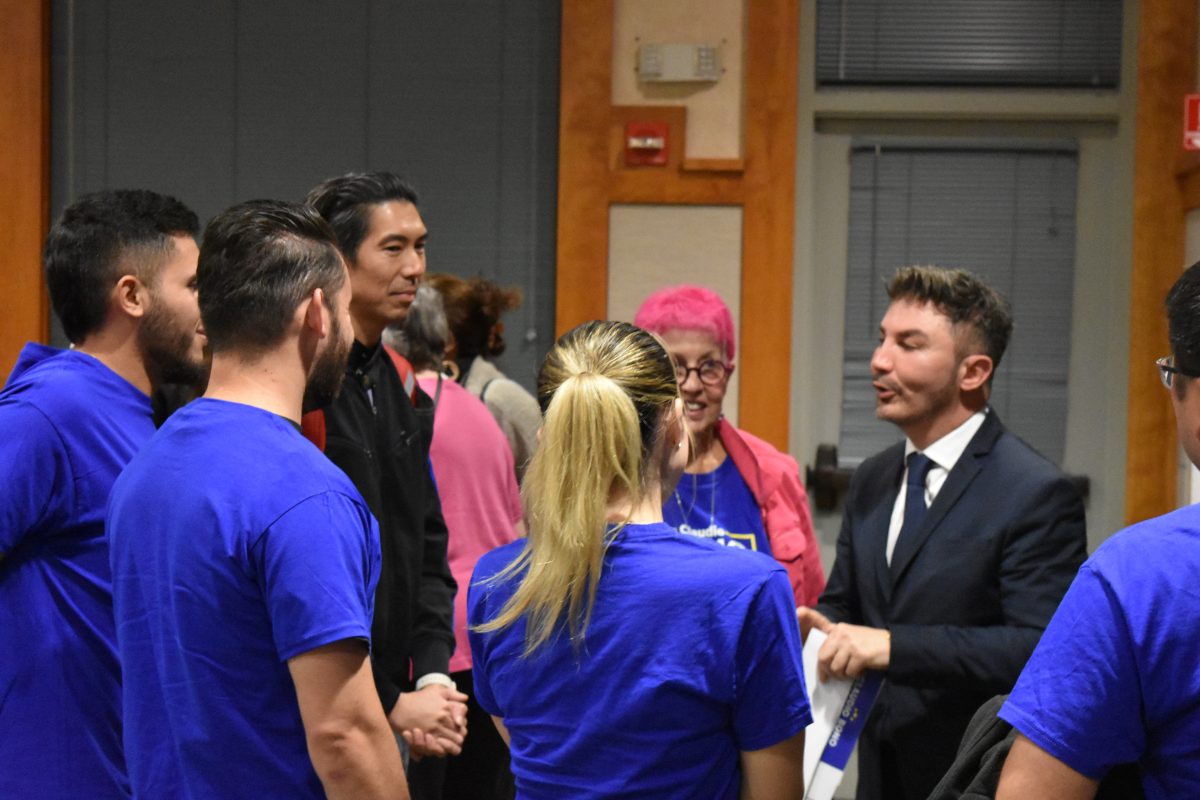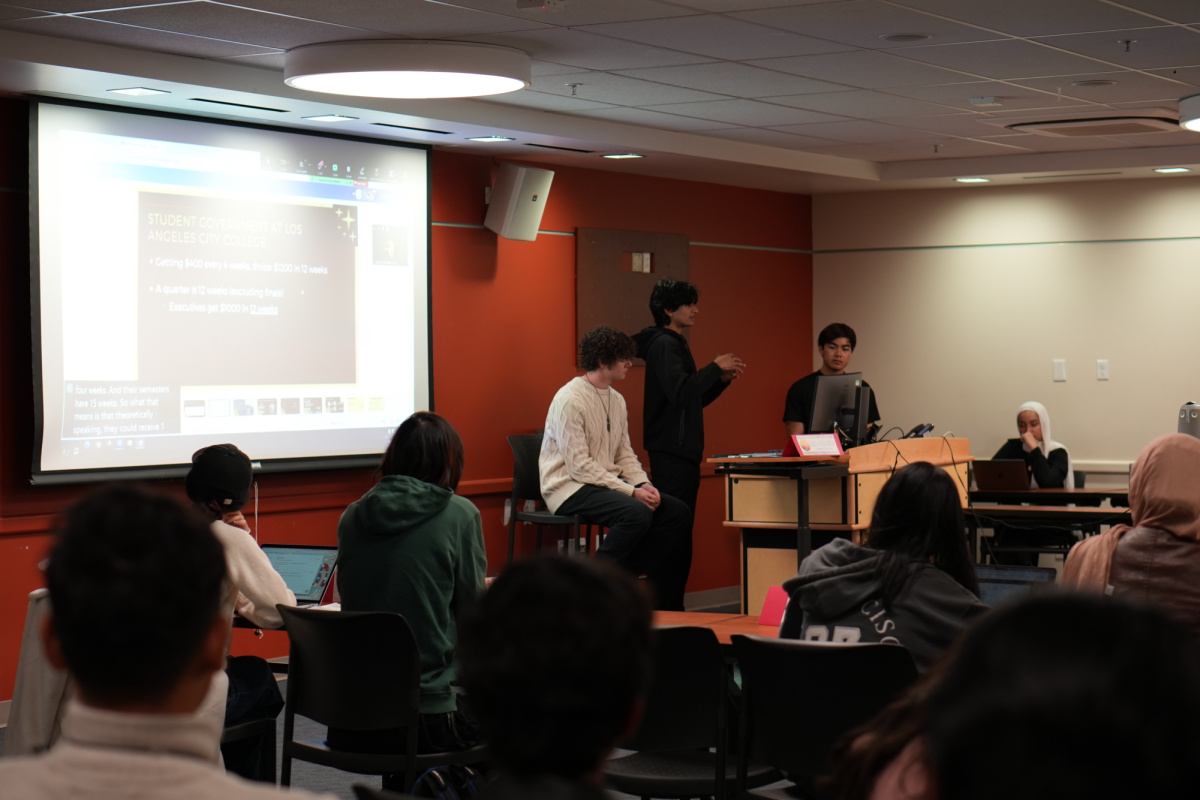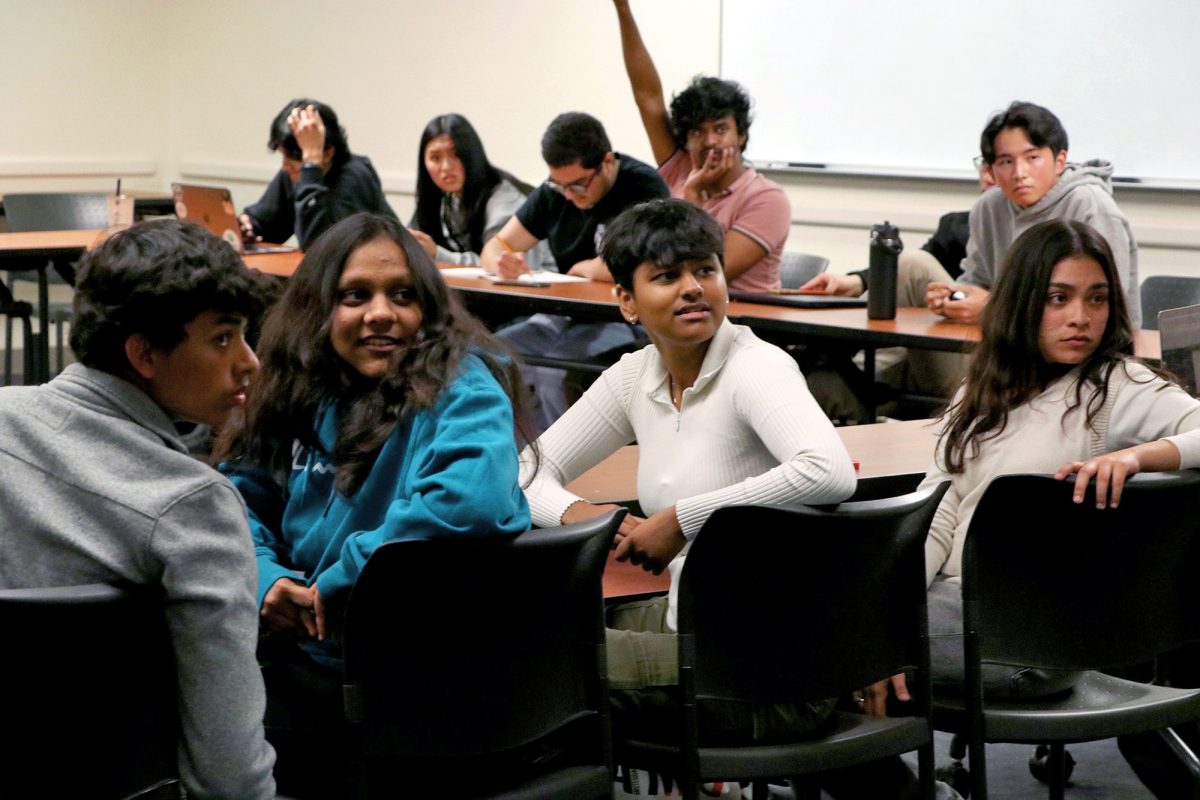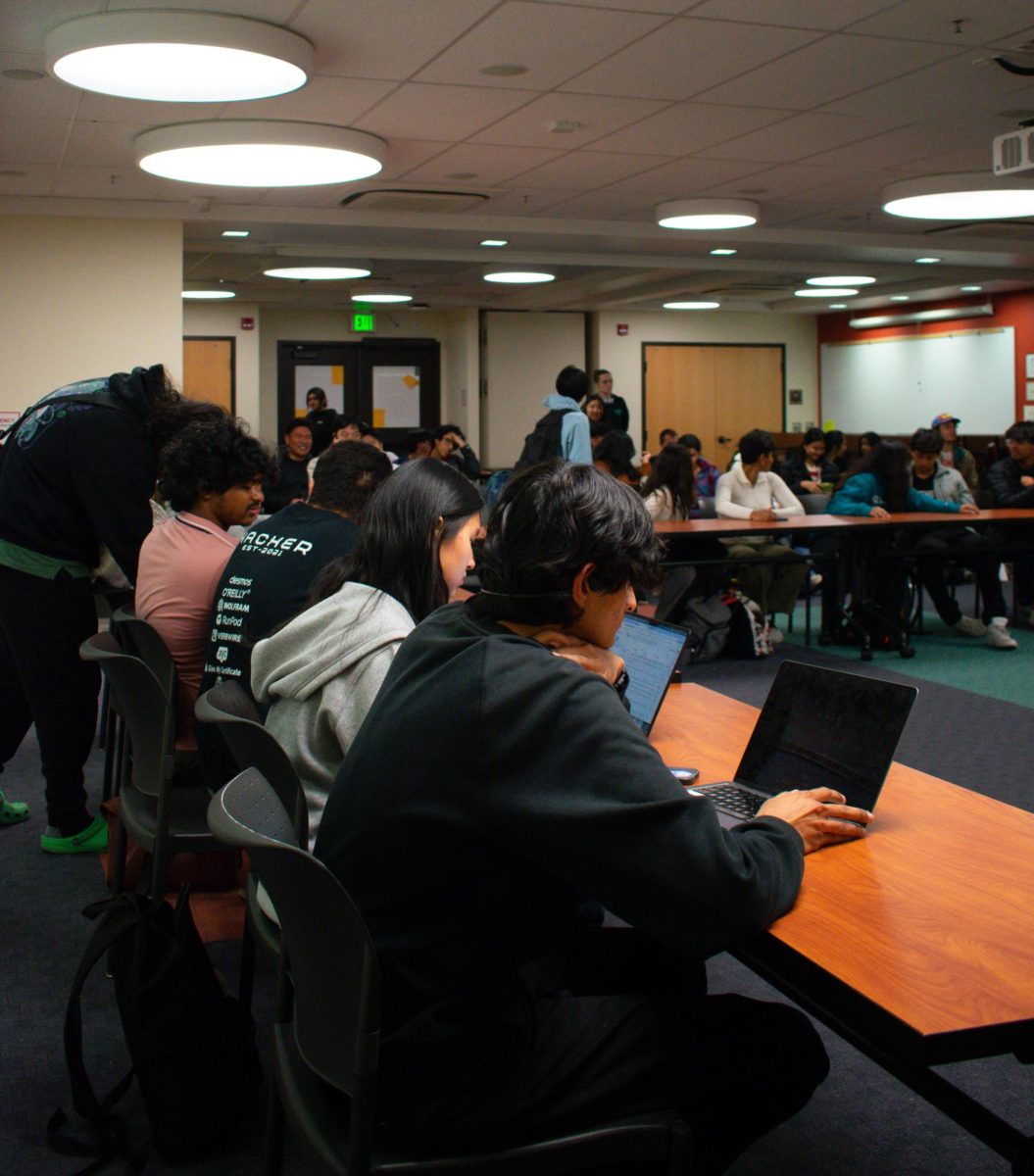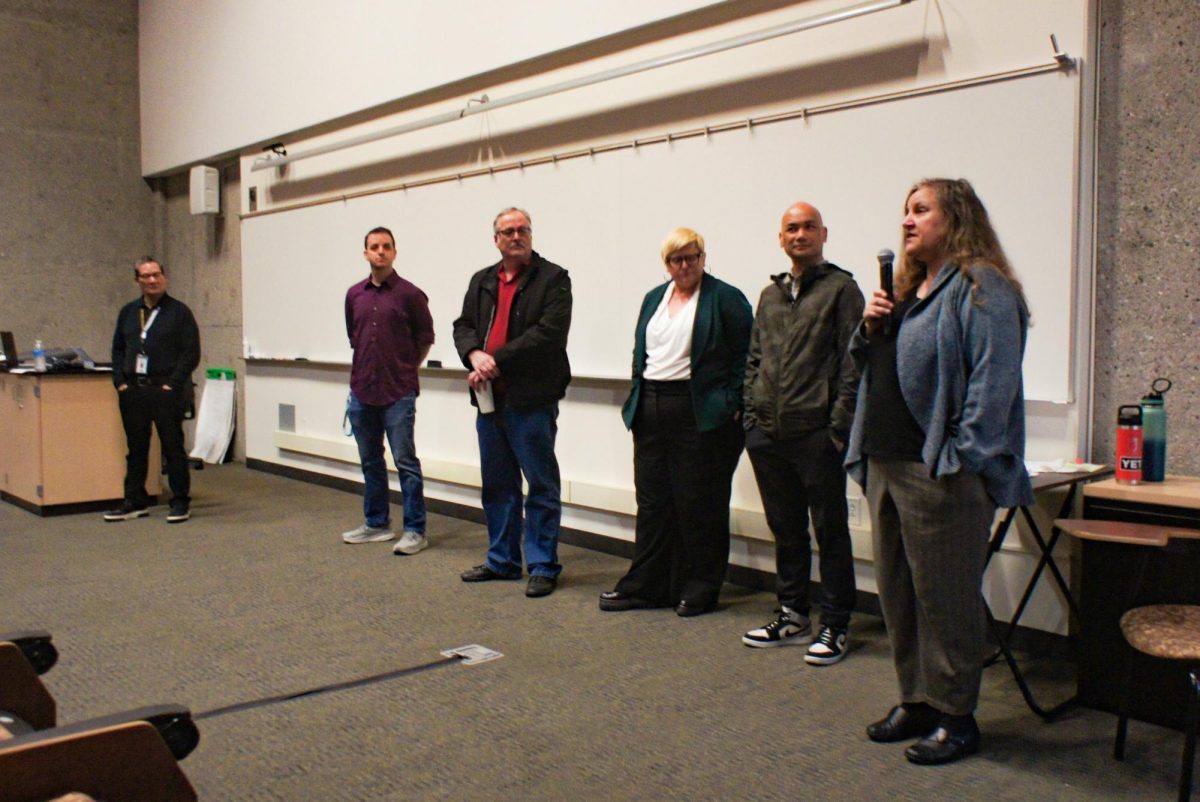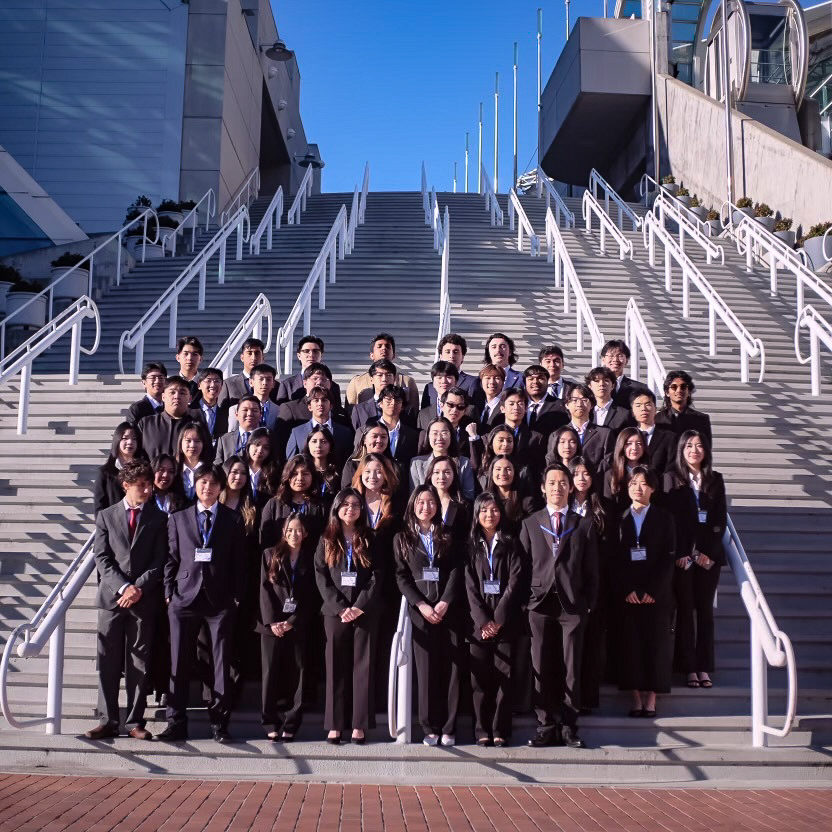Candidates for the Cupertino City Council participated in a forum at the Cupertino Senior Center on Oct. 16, moderated by Annalise Freimarck from San José Spotlight. Tensions ran high as the candidates debated housing requirements, budget shortfalls and local control, key issues that will shape Cupertino’s future.
One of the first questions posed by Freimarck focused on affordable housing. Although Cupertino recently achieved state certification for its Housing Element in September 2024, the city still needs to complete required rezonings.
Rezoning is a process that changes the zoning of a property to a different zoning district, like when a commercial property gets turned into a residential one.
If the city fails to complete the required rezonings, it risks losing local control, meaning developers could bypass city oversight and potentially build near residential neighborhoods.
“What we can do right now is work closely with the developers and with the residents to figure out a solution. We should think about zoning and what permits require,” said Ray Wang, the former city planning commissioner and candidate for city council.
Barry Chang, former Cupertino mayor, took a critical stance, claiming that the city has not completed the required rezonings because council member Kitty Moore voted against the housing element in May of this year.
“If you continue to vote for people like Kitty Moore and Ray Wang, I can guarantee you that means more builder remedies and commercial buildings in residential areas. That’s not a way of doing business; that’s totally wrong,” Chang said.
Kitty Moore, incumbent councilmember, defended her stance by referencing her extensive conversations with residents who opposed certain developments.
“I’ve spoken to literally hundreds of residents around this project. They did not want to have those pipeline projects counted,” Moore said.
Highlighting the importance of maintaining community integrity, Gilbert Wong, former city council member and mayor, said it’s crucial to balance development with preserving the character of Cupertino.
“We need to be very careful about the changes we allow in our neighborhoods. This isn’t just about development; it’s about preserving the community we love,” Wong said.
“We need to be willing to talk to the developers. You don’t go after them with lawsuits and lawyers,” Claudio Bono, Cupertino Hotel manager and vice president of the Cupertino chamber of commerce, said.
Bono also said that a more welcoming approach is necessary to bring developers back to the table.
The discussion then turned to Cupertino’s $15 million budget deficit, largely due to the loss of income from sales tax revenue from Apple, which used to be one of the largest sources of tax income for the city.
The candidates shared their strategies for addressing the shortfall without sacrificing essential services.
Kitty Moore advocated for a thorough examination of the city’s finances, citing examples of inefficiencies in the budget.
“I found there was over $600,000 budgeted for library services which the county was providing. We need to be better stewards of our city’s finances,” Moore said.
Rod Sinks, a former mayor of Cupertino, emphasized the importance of economic development as a solution to the budget crisis.
“We now have a $30 million revenue gap. We need to treat that as one-time money. But like Claudio said, we need to improve our economic development,” Sinks said.
Bono stressed the need for a strong operating account in case of emergencies.
“This is an operating account. God forbid something happens in the city, like an earthquake. If all your money is on the side in a savings account accruing interest, what are you going to do in that situation?” Bono said.
Wong echoed this sentiment, adding that fiscal responsibility must align with the values of the community.
“We have to ensure that our budget reflects the values of our community. Spending should align with what our residents prioritize,” Wong said.
In their closing statements, the candidates summarized their visions for Cupertino’s future.
Sinks highlighted his experience and ability to get projects moving.
“I have the experience to make the deals and get it moving. I’m resident-focused and don’t accept developer funding,” Sinks said.
Moore urged voters to recognize her dedication to serving Cupertino’s residents, stating “I have humbly and loyally served you, our residents, for the past six years. I humbly seek your vote.”
Wong underscored the need for a resident-focused majority on the council.
“We see what happens when residents are no longer prioritized. If we move to a resident-focused majority, we can change that,” Wong said.
Wong urged the community to come together and work cooperatively to keep Cupertino a thriving place.
“Together, we can ensure that Cupertino remains a vibrant, inclusive community for all its residents. Let’s prioritize what truly matters,” Wong said.
Lastly, Chang emphasized the significance of this election, urging voters to carefully scrutinize the candidates as some may not act in the city’s best interests.
“Cupertino is in crisis. It’s a dangerous situation if you continue to vote for people like Kitty Moore and Ray Wong,” Chang said.




